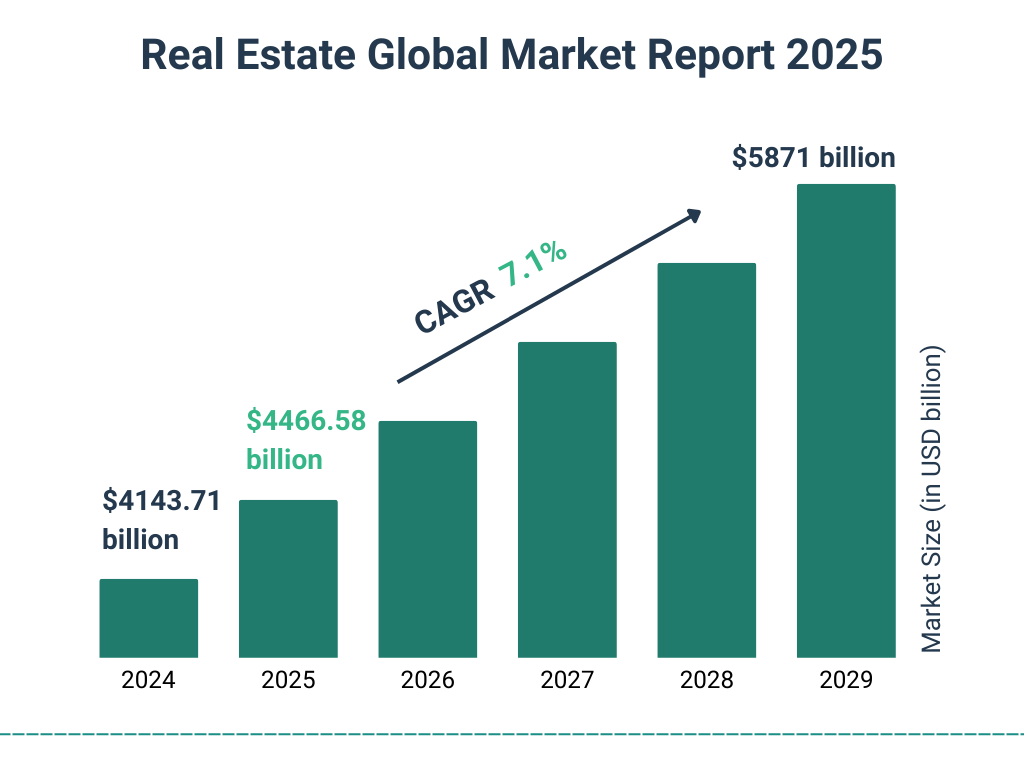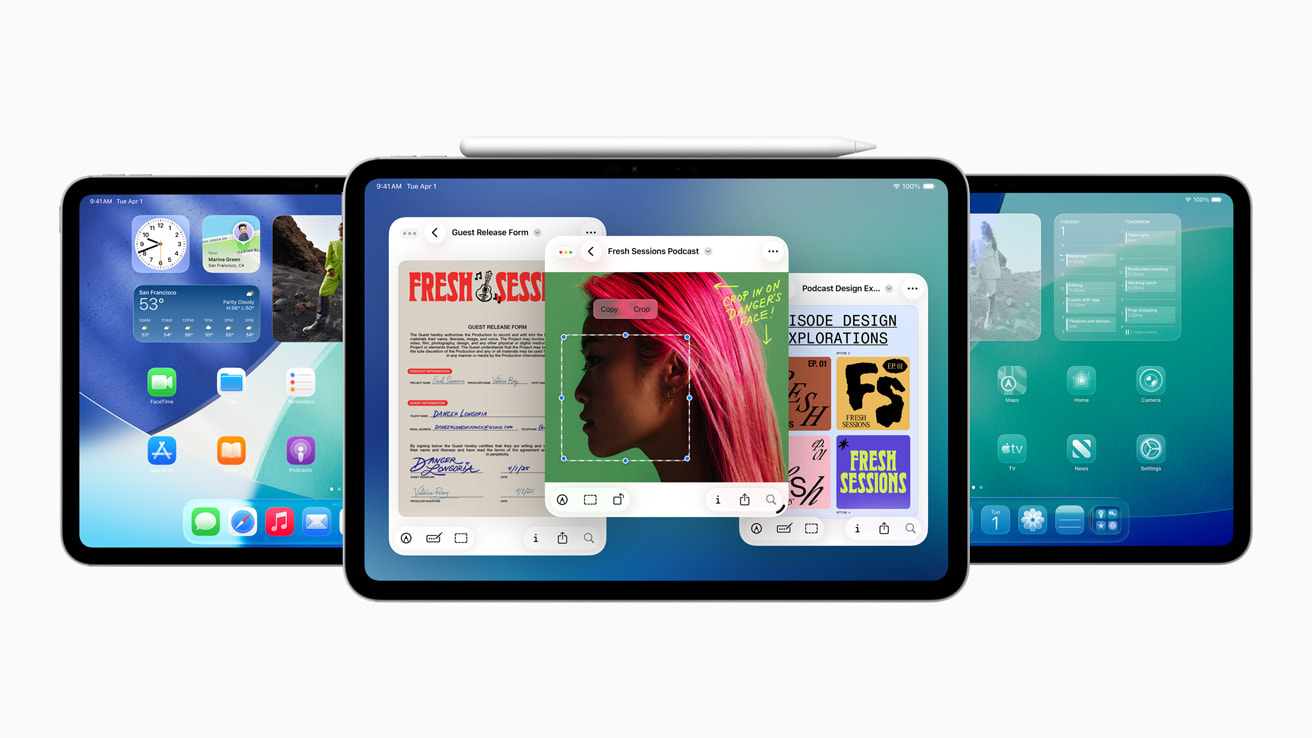
The real estate industry has traditionally been characterized by physical property transactions, manual processes, and localized markets. However, in recent years, the advent of technology has transformed this landscape dramatically. From virtual property tours and AI-driven analytics to blockchain-based transactions, real estate technology — commonly termed “PropTech” — is revolutionizing how properties are bought, sold, leased, and managed.
As technological innovations continue to evolve rapidly, industry experts forecast a significant market expansion, projecting the global real estate tech market to reach an astonishing USD 23.67 billion by 2034. This projection underscores a dynamic shift driven by the integration of cutting-edge digital tools, data analytics, and automation in real estate activities worldwide.
Factors Driving Market Growth
1. Digital Transformation and Innovation
Digital transformation remains at the core of growth in the real estate tech sector. Platforms that facilitate online property listings, virtual tours, and remote transactions have become standard. Innovations such as augmented reality (AR), virtual reality (VR), and 3D modeling allow prospective buyers and tenants to explore properties remotely, saving time and broadening market access.
2. Increased Adoption of Data-Driven Decision Making
Harnessing big data and analytics empowers stakeholders to make more informed decisions. Predictive analytics can forecast market trends, assess property values, and optimize investment strategies. As data becomes more accessible and sophisticated, its role in shaping market dynamics grows exponentially.
3. Growth of Smart and Automated Property Management
Smart home technologies, IoT devices, and automation systems are transforming property management. From energy efficiency to security and maintenance, these solutions enhance property value while reducing operating costs. Property managers and owners increasingly leverage automation to streamline operations.
4. The Rise of Blockchain and Digital Transactions
Blockchain technology offers transparency, security, and efficiency in real estate transactions. Smart contracts facilitate seamless, immutable agreements, reducing fraud and paperwork. As regulatory frameworks adapt, blockchain is expected to become a fundamental backbone for property dealings globally.
5. Growing Portfolio of Urban Development and Smart Cities
The push towards developing smart cities incorporates extensive use of PropTech solutions. IoT infrastructure, AI systems, and integrated urban planning tools are creating more sustainable, livable, and efficient urban environments, further fueling the demand for innovative real estate solutions.
Market Segmentation and Technological Trends
Residential versus Commercial Real Estate
- Residential Market: Virtual viewings, digital closings, and smart home integrations are prominent trends shaping residential property transactions.
- Commercial Property: Technology-driven leasing platforms, enhanced analytics for commercial investments, and remote management solutions are gaining popularity.
Emerging Technologies Shaping the Market
- Artificial Intelligence (AI): Used for predictive analytics, customer service chatbots, and personalized recommendations.
- Machine Learning: Enhances pricing models, risk assessments, and client targeting strategies.
- Virtual and Augmented Reality: Enable immersive property tours and virtual staging.
- Blockchain: Facilitates secure transactions, provenance verification, and tokenization of assets.
- Internet of Things (IoT): Powers smart building management and sustainable infrastructure development.
The Future Outlook and Market Potential
Forecasts indicate that the real estate technology market will experience sustained, robust growth over the coming decade, reaching an estimated USD 23.67 billion by 2034. Several factors contribute to this optimistic outlook:
- Increasing investments: Venture capital and institutional investments are flowing into PropTech startups and established companies, fueling innovation and expansion.
- Regulatory support and digital adoption: Governments and regulatory bodies are increasingly adopting digital solutions for transparency, efficiency, and fraud reduction.
- Consumer demand for convenience: Millennials and Gen Z investors prefer digital-first solutions, driving service innovation and adoption.
- Global urbanization trends: Rapid urban growth necessitates smart, sustainable, and technology-enabled infrastructure planning.
Moreover, emerging markets present considerable opportunities for growth. Regions with developing infrastructure and growing middle classes are embracing PropTech solutions to leapfrog traditional methods, thereby expanding the global market footprint.
Challenges and Considerations
While the future of real estate tech appears promising, several challenges need addressing:
- Data privacy and security: As digital transactions proliferate, safeguarding sensitive information remains critical.
- Regulatory and legal frameworks: Adapting laws to accommodate innovations like blockchain and smart contracts are necessary for widespread adoption.
- Integration complexity: Seamlessly integrating new technologies with legacy systems can be complex and costly.
- Market fragmentation: Diverse regional regulations and technological maturity levels create a fragmented landscape requiring tailored solutions.
Strategic Implications for Stakeholders
For investors, developers, property managers, and technology providers, understanding this evolving landscape is vital. Strategies should focus on:
- Investing in innovation: Supporting startups and R&D initiatives that push the boundaries of PropTech.
- Building strategic partnerships: Collaborations between tech firms, real estate agencies, and government bodies can accelerate adoption.
- Focusing on sustainability: Technologies that promote green buildings or energy efficiency are increasingly prioritized.
- Enhancing customer experience: Leveraging AI and VR to create user-friendly, immersive experiences for clients.
Conclusion: Charting a Path Forward
The future of the real estate technology market is poised for exponential growth, driven by technological innovation, changing consumer preferences, and global urbanization. As the sector approaches the USD 23.67 billion milestone by 2034, stakeholders must embrace digital transformation to stay competitive and meet the evolving needs of the market.
This transformation promises not only increased efficiency but also more transparent, sustainable, and accessible real estate services worldwide.
For more updated news please keep visiting Prime News World.









